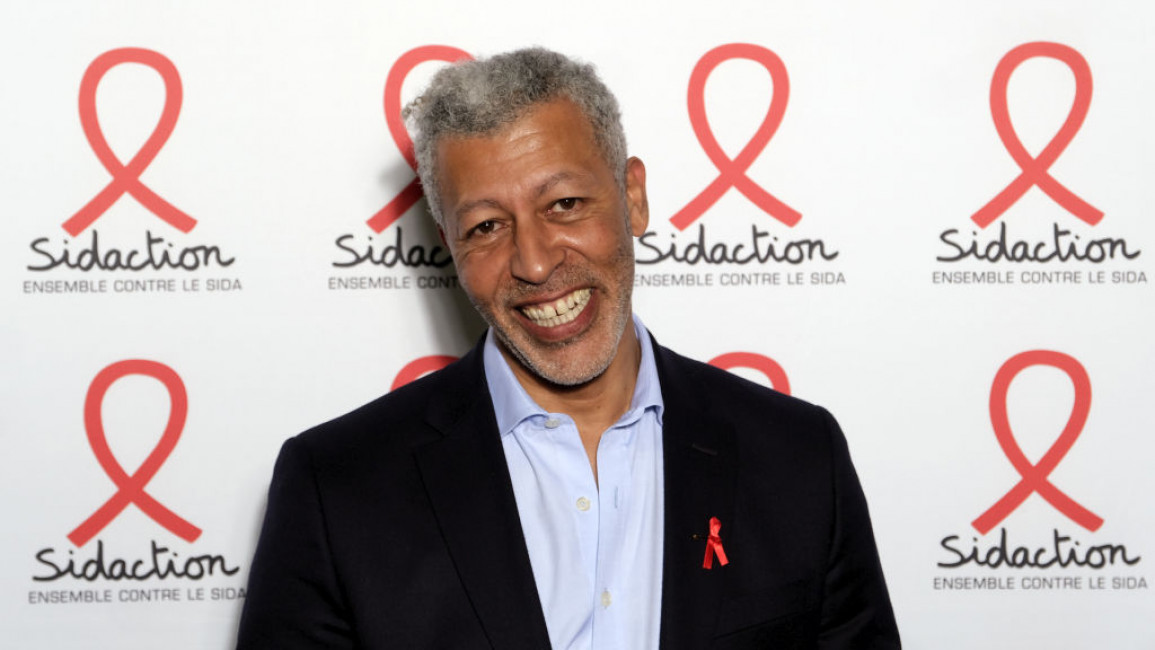French TV suspends Franco-Moroccan host over alleged 'Moroccan Sahara' comment
A French television channel suspended a Franco-Moroccan journalist Rachid M'barki over broadcasting "problematic" content regarding Qatar, Morocco and Russia and has opened a probe into an alleged "cash payment" received by the journalist from external sources.
On 2 February, Brussels-based media Politico broke the news regarding the scandal that disrupted the French channel BMTV since mid-January.
"This journalist has been on leave since the beginning of this investigation and for the duration of this investigation. BFM is probably a victim in this case and we cannot tolerate any suspicion on the work of our entire editorial staff and our 300 journalists," said Hervé Beroud, head of news for Altice Media, the media group that owns BFM TV, in a press statement.
Renowned Franco-Moroccan journalist Rachid M'barki, a figure of BFMTV since its launch in 2005, is accused of broadcasting video clips and comments that weren't submitted through the usual validation channels during his signature nightly program "le journal de la nuit."
At least one piece of content is about Morocco, with other suspicious content covering subjects ranging from Russian oligarchs to Sudan and Qatar critics, reported Politico.
The channel's management suspects this was the result of external intervention, the origin of which remains unclear.
The fifty-four-year-old journalist has pleaded good faith, denying any intentional misconduct from his side.
"They were all real and verified. I do my job … I'm not ruling anything out, maybe I was tricked, I didn't feel like I was or that I was participating in an operation of I don't know what or I wouldn't have done it," he told French media.
Several Moroccan media framed M'barki's case as a punishment from French authorities against the journalist for using the term "Moroccan Sahara" to refer to the disputed territory of Western Sahara, a crucial reason behind Franco-Moroccan frigid ties.
The Politico report confirmed that M'barki's use of the pro-Morocco term is likely one of the reasons behind the BFMTV's crisis.
Many Moroccan politicians stood with M'Barki's right to freedom of speech, accusing the French media of double measures and anti-Marocanity.
"Censorship at BFMTV, because he said 'Moroccan Sahara'. French #McCarthyism! & Visceral Anti-Moroccanism! If he had said "Sahrawi people", a term preferred by #Algeria, that's okay! 2 weights 2 measures," tweeted Lahcen Haddad, a Moroccan member of the Joint Parliamentary EU/Morocco Committee.
Censure à @BFMTV car il a dit “Sahara marocain”. #Maccarthysme à la française! & Anti-marocanisme viscéral! S’il avait dit “peuple sahraoui”, terme préféré par l’#Algérie, ça passe! 2 poids 2 mesures! @TF1 @libe @M99_TV @Medi1tvAfrique https://t.co/jrOeInAPyk #Medias24
— Lahcen Haddad, PhD (@Lahcenhaddad) February 5, 2023
Against a backdrop of promotional images of an event in Dakhla, a city situated in the disputed territory, M'barki referred to the "warming of diplomatic relations" between Spain and Morocco, facilitated, he says, by the "Spanish recognition of the Moroccan Sahara” - an unusual term to be heard in French media that tends to use the UN-neutral term of "Western Sahara".
So far, France's Macron has preferred to not wade into the rivalry between Moroccan and Algeria since the latter is a key sponsor for the separatist Polisario Front in the territory, with Paris attempting to keep friendly ties with the two former colonies.
However, the Moroccan king said no friendship with Rabat with no "clear" position on the Sahara case, a key issue for all Moroccans, the state and the opposition.
In July 2019, M'Barki was invited to a celebration of the 20th anniversary of the king of Morocco's accession to the throne. The journalist, of Moroccan origin, spoke about his ties with the country in a video interview posted online by the Moroccan website Le 360.
Asked about his involvement in the France-Morocco relationship, including possible involvement with charities, the journalist said he wanted to "remain very discreet about it," adding, "I try to act in my own way at my small level to make Morocco shine."
BFMTV says is taking the case seriously to find out if the journalist acted alone and to identify the malfunctions that allowed the broadcasting of the unverified news.



